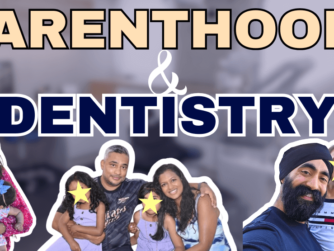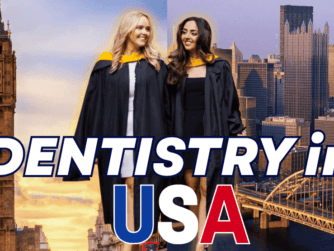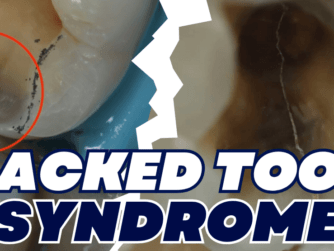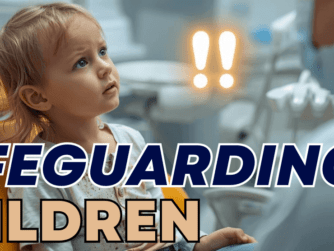Podcast: Play in new window | Download (Duration: 41:32 — 59.5MB)
Dental Recruitment is Changing!
Would you rather work in a lavish dental clinic with all the bells and whistles, but with a high turnover of nurses and lacking a culture or ethos…OR, work in a ‘mediocre’ clinic with happy staff and a thriving culture?
What makes an awesome dental practice, and how can associates and therapists find them? Where are they hiding? Are they as rare as a ‘good associate’? What is that even about?
In the latest episode I chat with Andy Saunders and Simon Tucker about how dental recruitment has evolved – it is a purpose built episode if you are looking for a new opportunity or even if you are a principal looking to hire the right team member.
We discuss:
- Why traditional methods of hiring Dentists, Therapists and Nurses may not be effective or good value any more
- The three types of CVs you need
- The power of the Video CV
- Importance of the same values within the team
- How to find your ‘tribe’ and the practice you belong in (and why you cannot just go by what their website looks like)
- The features and indicators we SHOULD be looking for in a new practice
If you like the new face of dental recruitment (or finally, just a face!) and want Andy and Openwide to help you, reach out to Andy!







